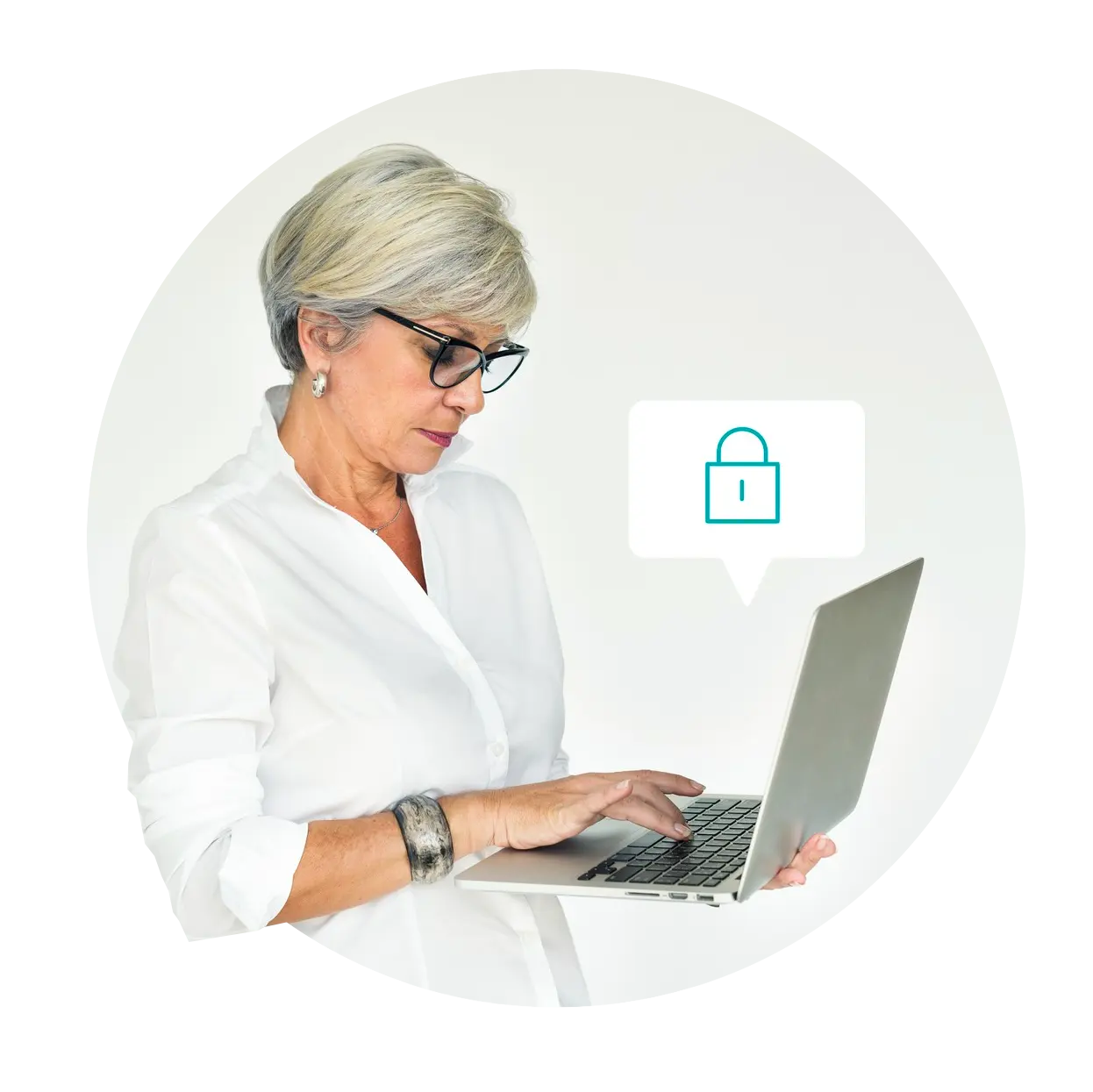Financial Services BPO for Improved Customer Satisfaction
Omni’s global workforce provides exceptional customer support and are uniquely certified to protect your customers and their data. More efficient staffing means consistent, reliable, high-quality customer service.

Our Numbers Speak for Themselves
Compliant Outsourced Services
Customer service is more important than ever for financial services. In a highly regulated industry, customer service is often outsourced for risk management. Omni specializes in meeting industry compliance requirements and uses process automation to ensure quality customer care.
Financial services BPO services can help you save money while delivering quality customer service. In addition, by outsourcing customer care you can free up internal resources to focus on other aspects of your business.


Agents With Financial Services Experience
Your agents need to have a deep understanding of the products and services they are representing. They also need to handle customer questions and concerns with empathy and professionalism.
When outsourcing customer care, it is important to find workers who have experience in the financial services industry. Our team receives thousands of applications each month. We carefully select only the most exceptional people to join our growing network of contact center representatives.
Our team only includes the top talent from across the globe – not just locals near a physical call center. This affords us the ability to:
- Timely access to more eligible prospects
- Hire more knowledgeable, savvy, and seasoned professionals
- Drastically slash attrition rate
- Choose from a large variety of talented and proficient people. Ensure they match your company’s values and possess the necessary job skills for the job.
Use Omni for Growth and Seasonality
The financial services industry experiences significant fluctuations in customer service demand throughout the year. To meet these constantly changing needs, many financial institutions are turning to business process outsourcing services.
Competition in customer service has increased. Many businesses are deciding to outsource these services to BPOs. This is proving to be beneficial. Here’s why:
- Outsourcing gives you the advantage of drawing from a larger pool of experienced customer service reps.
- You won’t have to go through the hassle (and expense) of hiring and training temp workers.
- An outsourced provider can help you meet your increased customer demands during seasons or busy periods.

Improve your Customer Service Today!
PCI Level 1 and SOC2 Type II
We take our customers’ security seriously. We hold PCI Level 1 certification. This guarantees the safety of credit card data.
It is achieved by meeting the Payment Card Industry Data Security Standards requirements. We are proud to have Level 1 certification – the highest and most stringent level.
A SOC 2 Type II report is an internal controls report. It captures how a company safeguards customer data. It also shows how well those controls are operating.
Companies that use cloud service providers use SOC 2 reports to assess and address the risks associated with third-party technology services. Independent third-party auditors issue these reports. They cover the principles of Security, Availability, Confidentiality, and Privacy. The purpose of the reports is to provide an independent assessment of Omni’s security and privacy control environment.
25%-55% Cost Savings
An at-home workforce can manage customer interactions as efficiently as a traditional workforce. This is made possible with more efficient staffing. There are no added costs or fees. In other words, you’d need 15% fewer employees to do the same job.
In-person or traditional office-based workers need physical space to accommodate seasonal staff. This requires additional cost and can be impractical. With Gig Workers, there’s no need for extra space.
Our virtual learning design eliminates the need for a physical training room, making training 25% faster than usual. This also saves on costs when it comes to seasonal or ramp training. The time we save from training can be used for even more cost-saving initiatives, like getting rid of the need for a physical workspace entirely – particularly handy during times of the year when said spaces are mostly unused anyway.

Omni Partners with a Leading Financial Services Company to Provide Relief for Tax Season
On tax day, we had nearly 3,000 agents on the phones and handled more than 900,000 contacts during that season. Omni averaged 7.54 hours worked on peak days and was the top-performing team. Omni handled the largest volume of calls for the tax software company, more than 60% of the BPO’s tax software customer support volume.